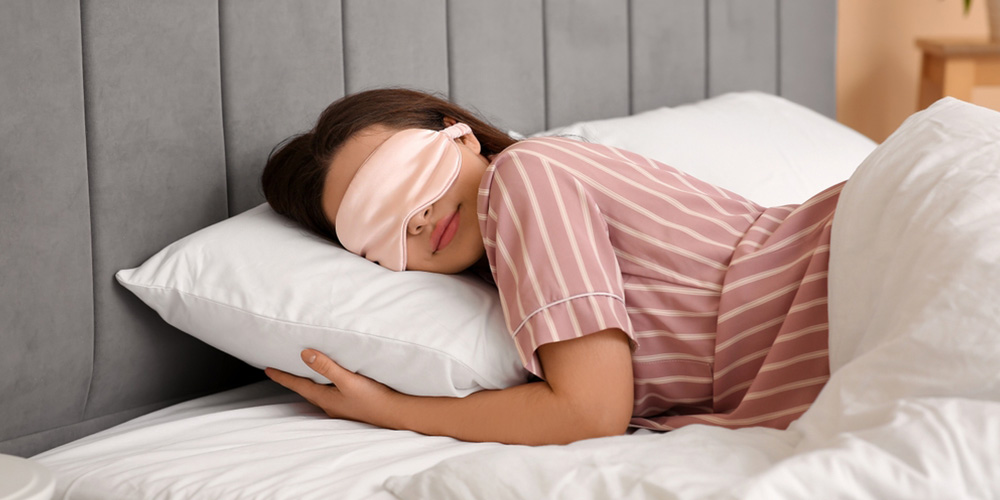In our always-on world, getting quality rest can be a real challenge. Between work demands, social obligations, and screen time overload, many of us struggle to wind down at night. If you’ve ever found yourself staring at the ceiling well past bedtime, you might have considered taking melatonin. But is melatonin going to help you sleep, and if so, how? Let’s explore this popular sleep aid in detail and see what the science and real-world experience have to say.
What Is Melatonin?
Melatonin is a natural hormone produced by the pineal gland in your brain. It plays a key role in regulating your circadian rhythm—your internal clock that governs when you feel sleepy and when you wake up. In the evening, as light exposure decreases, your body produces melatonin to signal that it’s time for rest.
However, artificial lighting, travel across time zones, night shifts, and stress can disrupt melatonin production. That’s where melatonin supplements come in. By mimicking the hormone your body naturally makes, they help reinforce the signal that it’s time to sleep. People often use melatonin for sleep issues, especially when resetting their sleep cycle.

How Melatonin Works in the Body
To understand what does melatonin do, we need to look at how it functions in the brain. As daylight fades, the body ramps up melatonin production, peaking in the middle of the night. This process tells your body to lower core temperature, slow brain activity, and prepare for restorative sleep.
When you take a melatonin supplement, you’re giving your body a boost of this signal. This is especially helpful if your natural production is delayed or suppressed. However, melatonin isn’t a sedative; it doesn’t knock you out like a sleeping pill. Instead, it creates the right internal conditions for sleep to happen naturally.
Benefits of Melatonin: More Than Just Sleep
Most people turn to melatonin for sleep, but its uses go beyond that. One of the major benefits of melatonin is its ability to regulate disrupted sleep cycles, such as those caused by jet lag or shift work. Travelers crossing multiple time zones often use melatonin to adjust to new local time quickly.
Another key point in the health benefits of melatonin is its role as a powerful antioxidant. Melatonin helps neutralize harmful free radicals in the body, contributing to better cellular health. It has also shown promise in supporting immune function and protecting brain health, although more research is needed.
Some studies have also suggested melatonin may support mood regulation and reduce symptoms of seasonal affective disorder (SAD) thanks to its connection with light exposure and circadian rhythms. This further expands the benefits of melatonin into the realm of emotional and mental wellness.
Who Should Consider Taking Melatonin?
Melatonin can be a helpful tool for individuals who:
- Have trouble falling asleep at night
- Wake up frequently during the night
- Suffer from jet lag or work night shifts
- Struggle with delayed sleep phase disorder
- Need help adjusting to new sleep patterns (such as teenagers or older adults)
If you’re wondering what does melatonin do for these people, the answer lies in its ability to realign sleep timing. It’s especially effective when taken at the right time—usually 30 to 60 minutes before bed.
However, melatonin isn’t suitable for everyone. People with epilepsy or autoimmune conditions or who are taking certain medications should speak with a healthcare provider before using them. Also, while melatonin is available over the counter, dosage and timing should be approached thoughtfully to avoid disrupting your natural sleep-wake cycle.
Melatonin Dosage and Usage Tips
Most melatonin supplements come in doses ranging from 0.5 mg to 10 mg. While it may seem logical to go for a higher dose to get stronger results, that’s not always necessary. Lower doses (0.5–3 mg) are often just as effective—if not more—than higher ones.
Start with the smallest dose and work your way up if needed. Taking too much melatonin can lead to side effects like grogginess, headaches, and vivid dreams. And remember: timing is everything. If you take melatonin too early or too late, it may not be effective.
Creating a calming nighttime routine can also improve results. Pair your melatonin with good sleep hygiene habits, like dimming lights in the evening, avoiding screens, and maintaining a regular sleep schedule.

Are There Side Effects?
Melatonin is generally safe for short-term use, with mild side effects. However, some people may experience:
- Drowsiness the next day
- Dizziness or headaches
- Irritability or mood changes
- Digestive discomfort
Long-term safety studies are still limited, so it’s best to use melatonin intermittently or under a doctor’s supervision if you take it regularly.
The Verdict: Is Melatonin Going to Help You Sleep?
So, back to our original question: is melatonin going to help you sleep? For many people, yes—especially if sleep struggles are tied to circadian rhythm disruption. Melatonin isn’t a cure-all, but it can be effective in your sleep toolkit when used properly.
Whether you’re traveling, adjusting to a new schedule, or just trying to catch up on rest, the health benefits of melatonin and its supportive role in natural sleep rhythms are worth considering. When combined with good sleep hygiene and healthy habits, melatonin can significantly improve sleep quality.
If you’re curious about incorporating melatonin into your routine, SO SO THIN can help guide you through safe, personalized supplement choices tailored to your wellness goals. Always consult with a healthcare provider to ensure melatonin is right for you.
